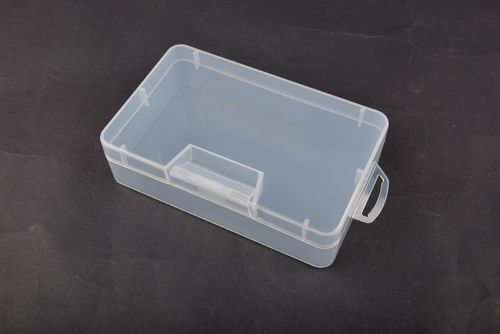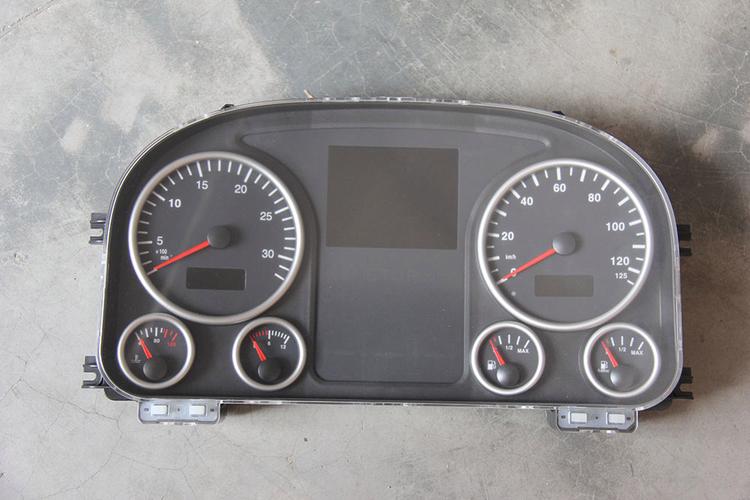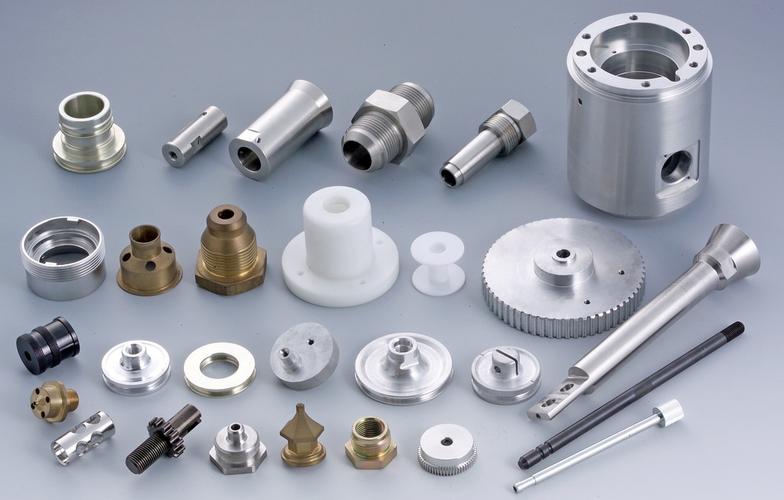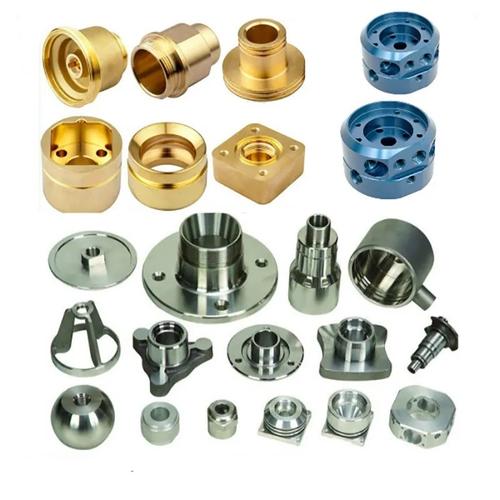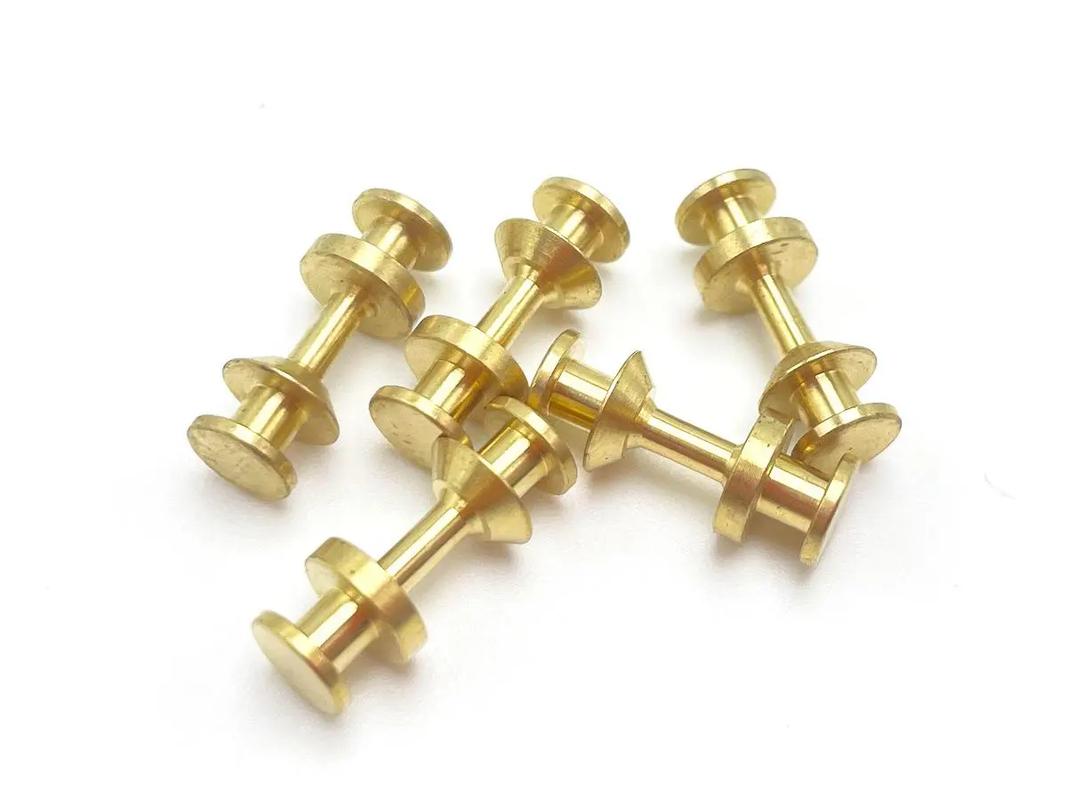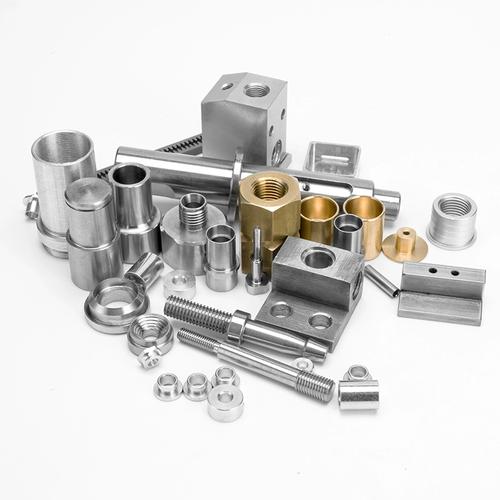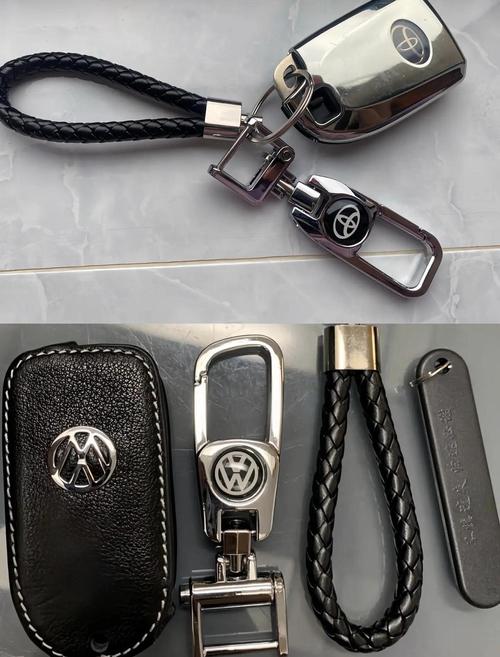
- Customization intent: Personalization (names, initials, photos), branding (company logos, dealership emblems), functional enhancement (ergonomic grips, LED accents), or luxury upgrading (titanium construction, gemstone inlays). A luxury car owner might opt for a diamond-engraved titanium fob, while a fleet manager may choose logo-branded stainless steel fobs for company vehicles.
- Material matching: Select materials based on durability, feel, and style:
- Vehicle Compatibility: Designs accommodate OEM electronics (RFID chips, battery compartments) with 0.5mm clearance to avoid signal interference. A custom fob for a BMW retains full functionality of keyless entry and remote start, tested at 100m range (same as OEM).
- Ergonomic Design:
- Grip contours (15mm diameter for comfort) and weight distribution (30-60g) to prevent slippage—critical for large hands or gloved use (e.g., winter driving).
- Button placement alignment (±0.1mm) with OEM internals, ensuring tactile feedback (500-800g actuation force) without sticking.
- Durability Engineering:
- Impact resistance (survives 1.5m drops onto concrete, per IEC 60068-2-32) with no damage to electronics or engraving.
- Water resistance (IP65 rating) to withstand rain and spills, tested via 30-minute submersion in 1m water with no functionality loss.
- CNC turning: Creates cylindrical metal casings (stainless steel, titanium) with ±0.02mm diameter tolerance, adding threads, grooves, or recesses for leather inserts. A titanium key fob with a 12mm diameter grip achieved a mirror finish (Ra 0.02μm) after 5-axis machining, with no burrs on edges.
- Laser cutting: Trims leather or silicone sleeves to fit fob casings with 0.1mm accuracy, accommodating cutouts for buttons and LED indicators. A leather-wrapped fob for a Mercedes-Benz maintained 0.3mm alignment with all functional openings.
- 3D printing: Produces prototype casings (nylon, resin) in 24 hours for fit testing, allowing rapid iteration of ergonomic designs (e.g., adjusting grip curvature for better hold).
- Laser engraving: Uses 50W fiber lasers to etch text, logos, or images onto metal surfaces with 0.01mm line precision—deep enough (0.05-0.1mm) for visibility but shallow enough to avoid snagging pockets. A stainless steel fob with a family photo engraving retained 98% detail clarity, even after 10,000 pocket insertions.
- Enamel filling: Adds colored accents (Pantone-matched) to engraved recesses (e.g., logo backgrounds, border lines) with 0.05mm edge definition, cured at 180℃ for chip resistance. A dealership-branded fob with red enamel logo showed no color loss after 500 hours of UV exposure.
- Leather embossing: Uses heated dies (120℃) to press designs into leather sleeves with 0.3mm depth, creating tactile patterns (e.g., crocodile texture, monograms) that enhance grip. A custom leather fob for a vintage car achieved 99% pattern consistency across 200 units.
- Component fitting: Precision-assembles casings with OEM electronics (circuit boards, batteries) using anti-vibration gaskets (silicone, 0.5mm thickness) to prevent rattle and water ingress. A custom fob for a Tesla Model 3 maintained 0.1mm clearance between the metal casing and RFID chip, ensuring unobstructed signal.
- LED integration: Embeds micro-LEDs (0.8mm diameter) into transparent acrylic or resin sections, programmed to light up on button press—syncing with vehicle lock/unlock sequences. A custom fob with a logo-shaped LED achieved uniform brightness (±5% variation) across 500 units.
- Coating application: Applies PVD coatings (black, gold, chrome) to metal casings for scratch resistance (800HV hardness) and color customization, with 0.005mm thickness uniformity to avoid affecting fit.
- Functional prototypes: 3-5 working samples (with actual electronics) to validate:
- Vehicle pairing (successful sync with 95% of makes/models, including Toyota, Ford, and Audi).
- Button responsiveness (10,000 presses without failure).
- Engraving/embossing durability (no wear after 500 pocket insertions).
- Compatibility verification: Tests with target vehicles to ensure:
- No signal interference (range within 10% of OEM fob).
- Battery life (≥12 months with daily use, same as original).
- Emergency key extraction (if applicable) remains unobstructed.
- Automated assembly lines: Robot-assisted stations assemble casings, electronics, and finishes with 0.02mm precision, producing 200+ fobs/day with 99.9% functional yield.
- Vision inspection systems: Check engraving alignment (±0.1mm), coating uniformity, and button fit, rejecting units with defects (e.g., misaligned logos, uneven plating).
- Batch testing: Randomly selects 5% of production for:
- Drop testing (1.5m onto concrete, 10 cycles).
- Water submersion (IP65 rating verification).
- Signal range testing (≥80% of OEM performance).
- Luxury packaging: Options include velvet-lined boxes, leather pouches, or magnetic closures with custom branding (e.g., dealership logos on box sleeves). A high-end titanium fob arrives in a wooden box with a certificate of authenticity, detailing material specs and customization details.
- Protection features: Foam inserts with precision-cut slots prevent movement during shipping, ensuring no scratches on polished surfaces or enamel details—99.7% of fobs arrive in perfect condition.
- Personal Use: Engraved initials on leather-wrapped fobs, photo-etched family portraits on stainless steel, or LED-accented designs matching vehicle interiors.
- Corporate Gifts: Logo-branded fobs for client appreciation (e.g., luxury dealerships gifting custom fobs with purchase) or employee recognition (engraved with service milestones).
- Fleet Identification: Color-coded or logo-engraved fobs for rental cars, delivery vehicles, or company fleets, simplifying asset tracking.
- Collector Vehicles: Period-correct custom fobs for vintage cars (e.g., 1960s-style leather fobs with chrome accents) that complement the vehicle’s era while adding modern functionality.
- Vehicle-specific designs (compatible with 95% of makes/models, including EVs and luxury brands).
- Material versatility (from budget-friendly stainless steel to premium titanium) and unlimited personalization options.
- 2-year warranty on craftsmanship (engraving, coating, assembly) and compatibility guarantee (free adjustments if signal issues arise).

